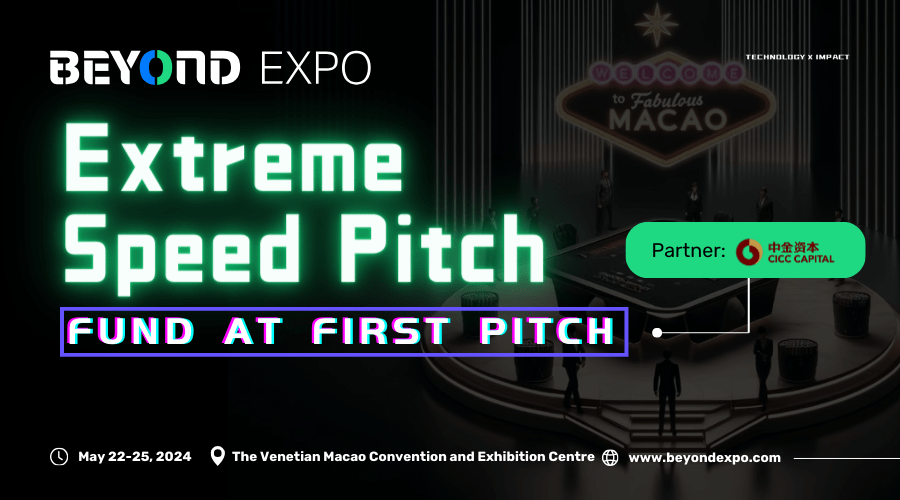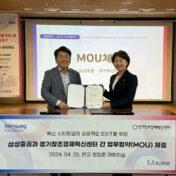The following is the extract from Phil Libin's speech.
[On their service] "The more people use Evernote, the more they come back to it. The more people sign up, more people stick around. It really shows that people can become attached. [People] use it and they stop over time. This is true with a lot of companies at the beginning. The whole goal with Evernote is that it becomes more valuable the more people use it. The more available it is to customers, the more you can use it."
[On paid services] "...It doesn’t just rely on data mining. It leads with Evernote, which is what’s more important is that you stay when you pay. We want people to use Evernote for the rest of their lives. Don't try to put the pressure on the customers- the main thing that we realize is that people love to buy things. People actually like to pay for things. The just need a beautiful experience and you do not need to pressure them to do it - [once you do that], they actually pay a lot. Don't start pushing."
[On being global] "Being global doesn’t mean what it used to mean. When I started my first company 15 years ago, we had to try so hard to set up offices everywhere around the world. If you start a company today especially if it’s app or service, congratulations, you’re global. You’re automatically a local company, too. In fact you have to try specifically not to be. The only question is whether you are good at it. 'Global' used to mean that you can sell stuff all over the world. Being global today means that you inspire and are inspired by people from all over the world. It doesn’t matter where you sell them. [Evernote] is in Tokyo, etc. There are 9 offices outside the US. We make all these investments. We’re not in Korea because we are not here to streamline our service to the market. We want to scout. We don’t want to sell things to Koreans, we want to work with Koreans.
[On Entrepreneurship] "Refuse to play the zero sum game. Most people talk about this. Most of the time, business people talk about it if it’s a sport. People use the language of the war, or competitive sports to talk about business. It’s rare to see business that is not zero-sum game. Somebody has to lose. People are trained to talk about business in that way. But, we don’t have to think about [business] like it's a part of competitive sports. It’s not boxing. It’s just like playing music. It’s just like art or literature. In fact it’s more like sports. It's not about winning and losing. We need to think about something that we can do together, and what we can do to create a better experience. We need to focus on the positive. The companies like Samsung, Apple, Facebook etc…. all these companies would not be able to grow if not side by side.
[On Disruption] Disruption is a side-effect of successful entrepreneurship; new ideas disrupt. But it is not the goal. The main goal is to miss the goal completely. We need to create value, whether it is by yourself or even with competitors. But that's not something that you should focus on...There was this article on the economist magazine. It’s very important for me to be seen reading the economist. (laugh) Recently on the cover, they had a cover on the survival of the biggest. I personally thought it was the world's stupidest cover, with Amazon, Facebook, Google, labelled on giant squids. But these companies helped each other more than they harmed. Other industries came out of these ones. It's about making an industry together. Sure they compete, but there wouldn’t be a successful iPhone without Google. The ecosystem is fundamentally cooperative. I urge entrepreneurs not to fall into this trap of the 'zero-sum game'.
[On meritocracy] The technology world is becoming a meritocracy. All you have to do is to make a wonderful product, and all you need is to succeed. 10 years ago, this was not true. The quality of the product was of some importance, but it was also important to focus on the logistics, and PR strategy relations. It was more important than the quality of the product. But nowadays, because of social media, everyone knows about you. The quality is the most important thing. Making a better product is the best marketing tool you’ll ever have.
[On consistency] The app store is so great. But there are million apps … if you ask me how an average app stands out, the answer is that you can't. If you’re average, you suck. You don’t deserve to stand out. But if you’re excellent, and all you’re doing is being focused on being excellent, you will survive. Because the world is a meritocracy, we don’t strive for consistency. A foolish consistency is the hobgoblin of little minds. When you strive for consistency, you achieve it through mediocrity. In other words, through the lowest common denominator. Best quality … consistency will be an emergent property once you have. It will seem consistent although it’s actually very different. Idea of alignment. All great product aren’t neutral, they have a strong point of view.





